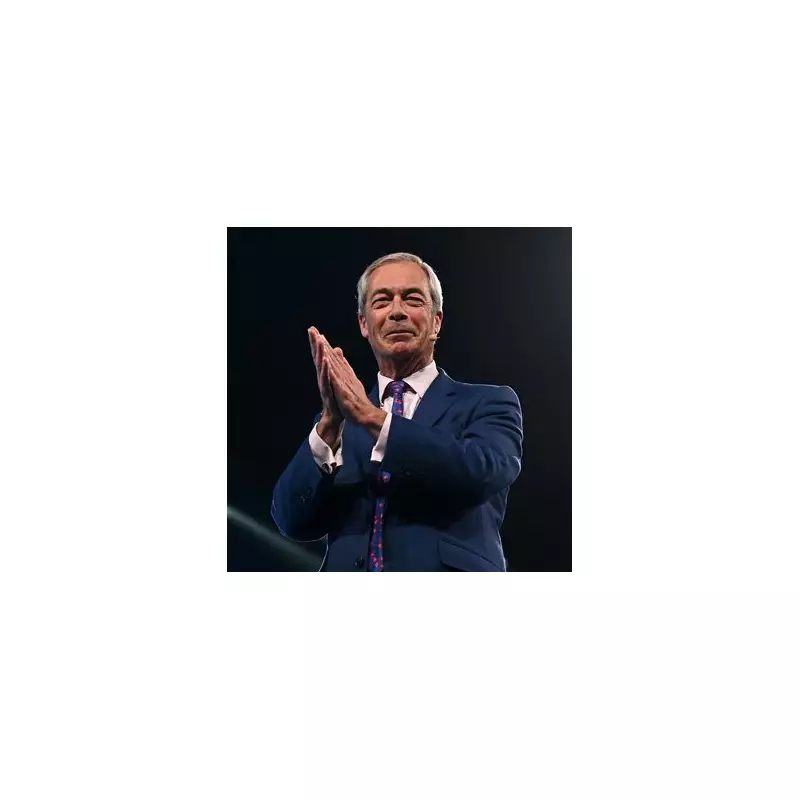
Reform UK leader Nigel Farage has ignited a furious political row with controversial claims that the West is to blame for the war in Ukraine, during a bombshell interview with the BBC's Nick Robinson.
In a preview of Monday's Panorama special, Farage argued that the European Union's and NATO's eastward expansion "gave Vladimir Putin a reason" to launch his full-scale invasion. The comments have been branded as "disgraceful" and playing directly into the Kremlin's hands by opponents.
A History of Pro-Russia Stance?
This is not the first time Farage's position on Russia has drawn criticism. The interview highlights his past admiration for Putin as an operator and his previous description of the invasion as a "proxy war".
When challenged by Robinson on his stance, Farage defended himself against accusations of being an apologist for the Russian president, instead framing the issue as one of confronting "the establishment's Russophobia".
Cross-Party Condemnation Erupts
The reaction from other political leaders was swift and severe. Labour's Shadow Foreign Secretary, David Lammy, led the charge, stating: "It is disgraceful that Nigel Farage has blamed the West for Putin’s war in Ukraine. This is a man who has called for a 'bridge to Moscow' and praised Putin in the past."
Lammy accused Farage of echoing "Putin’s vile justification" for the brutal invasion and asserted that such views have no place in Britain's political discourse.
Farage's Defence: 'Speaking Common Sense'
Farage pushed back against the criticism, framing his comments as a necessary dose of realism. He expressed pride in being one of the few politicians to "warn about the real threat" posed by Putin for over a decade.
His argument centres on the claim that Western leaders were naive in their dealings with Russia, a point he insists is being ignored by the political mainstream.
Election Campaign Rocked by Foreign Policy Clash
With the July 4th General Election looming, Farage's comments have thrust foreign policy and national security to the forefront of the campaign. The debate now centres not just on domestic issues but on Britain's role in the world and its stance against aggression.
This controversy is set to dominate the final days of campaigning, forcing voters to consider where the parties stand on one of the most significant geopolitical crises of our time.






